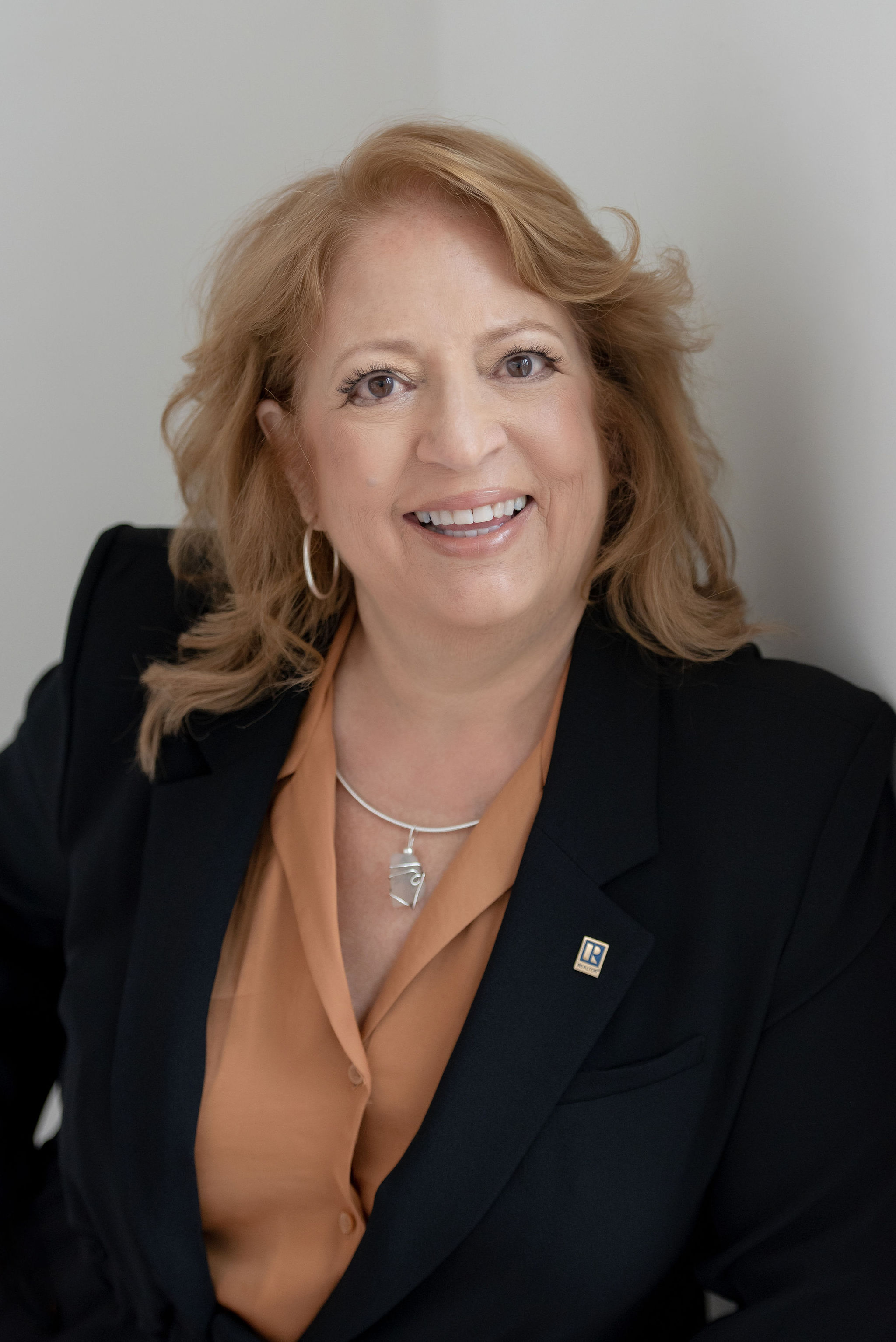
Refinancing your home can have a plethora of benefits. Among lowering your monthly payment, refinancing your home can also allow you to borrow against your home’s equity. However, refinancing in the beginning can have significant closing costs, such as application fees, loan origination fees, mortgage insurance and interest - especially when involving mortgage points.
Your new mortgage’s closing cost could have upfront fees of anywhere from 2% to 5%. However, there is another type of refinancing option available for homeowners who’d prefer to roll their closing costs into their monthly payments.
Here are the pros and cons of no-closing-cost refinances:
With no-closing-cost mortgage refinancing, you typically don’t have any upfront closing costs. In fact, your closing costs are rolled into your monthly mortgage payment, so you don’t have to worry about interfering with your current budget.
Because there are no upfront closing costs for a no-closing-cost refinance option, you may have higher monthly payments than if you’d chosen a cost-refinance method. However, higher monthly payments may not be the agreed term for rolling your fees into your new mortgage. Higher interest rates or a longer loan term are also viable options.
If you’re taking out a no-closing-cost refinancing loan, you’re probably in the market for holding on to your budget at that time. This refinance option allows you to maintain your current budget and can give you the cash needed for other projects, responsibilities or emergencies.
If you are saving for something or budgeting for a big project, you could be set back a bit by the amount you’ll have to pay on your new monthly mortgage payment. Because the fees are rolled back into the loan itself, your monthly payments may be higher than originally anticipated, putting a hurdle in your savings plans.
Regardless of your reasoning for pursuing a no-cost-refinancing option, knowing both sides of the coin can help you make a more informed decision. Both types of refinancing are great options, and if you have questions about which to choose, try speaking with your agent or a finance professional employed with your current mortgage lender.

Hi I am Roseann Dugan, I have over 25 years experience working with both buyers and
sellers. I have been licensed in four different states and am very familiar
with the relocation process. I have worked extensively with relocating families
and I hold the designation as a Relocation Specialist. I have also worked
with Land development and New Construction. I am also a Senior Real Estate
Specialist (SRES) and an Accredited Buyer's Representative (ABR).
I am a Full Time Agent who is dedicated to making the Home
Buying or Selling Experience a positive one